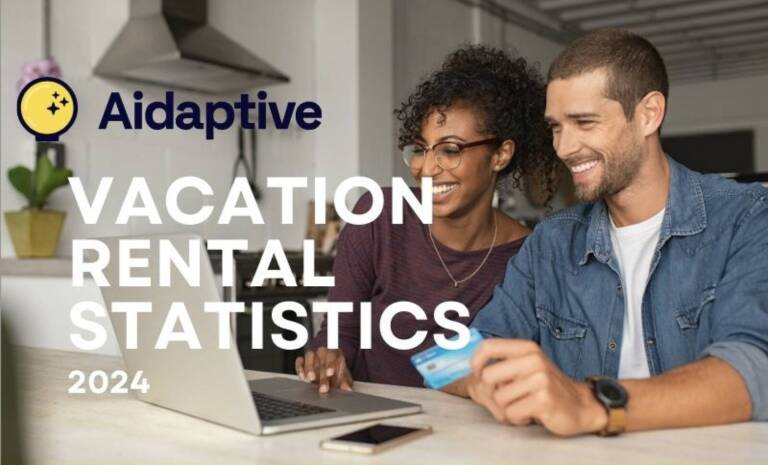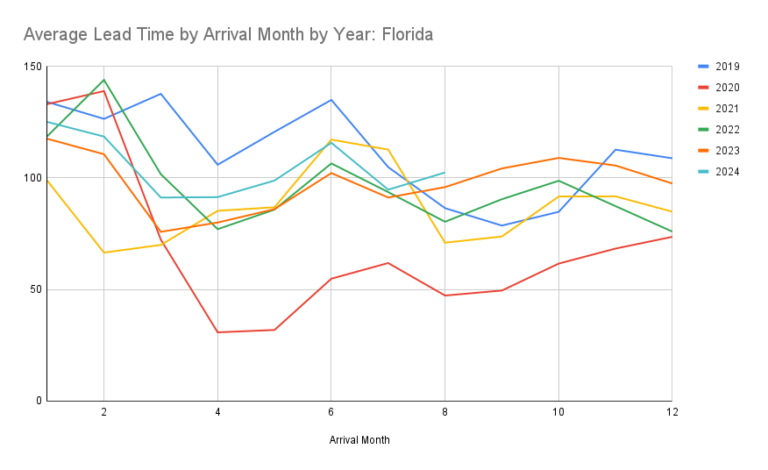As the vacation rental landscape becomes more competitive, we’ve seen an increase in online travel agencies (OTAs) using artificial intelligence (AI) and machine learning (ML) technologies to mine guest intent data to automatically personalize booking journeys and communication at scale.
On the other hand, vacation rental management companies are struggling to collect and effectively leverage customer data to personalize experiences and maximize bookings even when investing in “AI-powered” solutions. The truth is that 99.9% of AI providers are ‘vaporware’ or purely relying on rule-based systems instead of true self-learning machine learning (ML) algorithms.
Here are 5 ways to run due diligence on an “AI-powered” solution & vendor:
1. Evaluate the team’s pedigree on LinkedIn
To evaluate the efficacy of a vendor selling “AI-powered” solutions for VRMs, examining their LinkedIn profile will provide insight into the team’s expertise in the AI field. This will reveal relevant education, work experience, or previous AI projects. As AI engineers are in short supply, looking for awards or recognition for AI work will help ensure the team’s credibility.
2. Question their A/B testing process
No vendor should be scared of a bake-off. A/B testing compares your existing operation to the AI-powered solution. By comparing conversion rate, average booking value, revenue per guest, and bounce rate metrics – VRMs can determine whether the AI solution improves the guest booking journey. A/B testing also allows VRMs to identify areas where the AI solution is underperforming and make necessary changes to improve the guest experience.
3. Challenge their data regulation knowledge
If they’re experts in AI, they must be experts in data. Robust knowledge of data handling and privacy practices ensures that the vendor has clear policies to adhere to privacy regulations such as GDPR & the impending USA regulations. This will help you determine if the vendor is trustworthy and reliable.
4. Consider their pricing
VRMs must question an AI vendor’s pricing to ensure they aren’t sacrificing quality for a lower cost. Cheaper AI solutions may rely on rule-based systems and decision trees instead of true machine learning (ML) algorithms. More thorough AI/ML solutions, typically the more expensive options, may leverage a powerful system to double your revenue without doubling your team. Any vendor vetting process should be collaborative with the VRM to prove whether the additional cost is worth the investment.
5. Challenge the chat bot
VRMs should not trust “AI-chatbots” circulating the industry as these are not proven to solve most problems. Every single AI-chatbot is trying to leverage ChatGPT to answer guest inquiries. If Booking.com’s billion-dollar chatbot can only handle 40% of inquiries without a human, how much more so a newly created AI-chatbot won’t be even close to a complete solution.
You may also like these posts:


